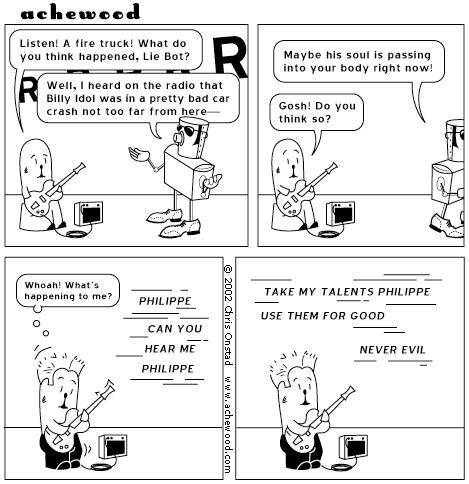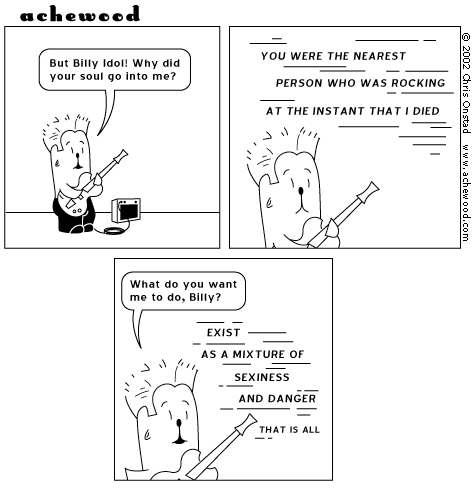
Of all the religious Christmas carols out there, O Holy Night is my hands-down favourite. To my ears, it has the most beautiful melody and progression, and it works its magic whether sung or played, done solo or in a giant chorus.
It’s also a Christmas carol with a lot of history. It was originally a poem titled Cantique de Noel written in France in 1847 by Placide Cappeau de Roquemaure, a commissioner of wines at the request of his parish priest. According to this Beliefnet article, Cappeau was “known more for his poetry than his church attendance”, so the request must’ve come to him as a bit of surprise. Using the Gospel of Luke as a guide, Cappeau wrote the poem on a horse-driven coach while travelling to Paris.
Cappeau decided that the poem would make a good song, so he consulted with his friend, Adolphe Charles Adams, a renowned musician who has studied at the Paris Conservatory. As with the priest’s request to Cappeau for a Christmas poem, Cappeau’s request for music must’ve come as a surprise: Adams was Jewish. I can’t put it in better words than the Beliefnet article, so I’ll let it do the talking:
As a man of Jewish ancestry, for Adolphe the words of “Cantique de Noel” represented a day he didn’t celebrate and a man he did not view as the son of God. Nevertheless, Adams quickly went to work, attempting to marry an original score to Cappeau’s beautiful words. Adams’ finished work pleased both poet and priest. The song was performed just three weeks later at a Midnight Mass on Christmas Eve.
The song was a hit at first and became a part of Catholic Christmas services. However, it fell into the Church’s bad books after Cappeau moved away from the Church after taking up socialism, and when Chruch leaders found out that the music had been written by a Jew, it ended up on the “banned” list, cited for lack of musical taste and “total absence of the spirit of religion.”
What complete dickheads.
A quick aside: while Adolphe Charles Adam was probably one of the last Jews to be given any variant of the name “Adolf”, he was certainly not the last Jewish composer to pen a Christmas song! He paved the way for guys like Irving Berlin, who wrote White Christmas to Albert Hague, who wrote You’re a Mean One, Mr. Grinch (and later went on to play crusty music teacher “Mr. Schorofsky” on both the film and TV versions of Fame).
In spite of the ban on the Cantique de Noel, the French continued to sing it at home.
Cantique de Noel would be translated into English a decade later by an American abolitionist named John Sullivan Dwight. He heard Cantique de Noel and was inspired by the lines that translated as these:
Chains shall he break for the slave is our brother,
and in his name all oppression shall cease.
Dwight published his English translation, O Holy Night, in his own magazine and the song became popular during the civil war.
There’s also a famous legend from the Franco-Prussian War. On Christmas Eve, 1871, a French soldier jumped up from his trench, unarmed and with arms wide, and began singing Cantique de Noel. Upon finishing, an unarmed German soldier responded by jumping out of his trench unarmed and sang Martin Luther’s From Heaven Above to Earth I Come. After this, both sides observed a temporary peace in honour of Christmas Day.
Another legend says the same thing happened at the Christmas Truce of 1914, in which a French solider sang Cantique de Noel and a German soldier responded with Stille Nacht, Heilege Nacht, which we know in English as Silent Night.
(If this seems familiar to you, it could be that you’ve seen the video for Paul McCartney’s Pipes of Peace.)
O Holy Night was the first piece of music to be broadcast via radio — it was played on violin on Christmas Eve 1906 in a demonstration of voice-over-radio by a Canadian-born engineer named Reginald Fessenden.
Once again, I’ll leave it to the Beliefnet article to summarize:
Since that first rendition at a small Christmas mass in 1847, “O Holy Night” has been sung millions of times in churches in every corner of the world. And since the moment a handful of people first heard it played over the radio, the carol has gone on to become one of the entertainment industry’s most recorded and played spiritual songs. This incredible work–requested by a forgotten parish priest, written by a poet who would later split from the church, given soaring music by a Jewish composer, and brought to Americans to serve as much as a tool to spotlight the sinful nature of slavery as tell the story of the birth of a Savior–has become one of the most beautiful, inspired pieces of music ever created.
This version of O Holy Night comes from a recent broadcast of Aaron Sorkin’s new series, Studio 60 on the Sunset Strip. If you’re not familiar with the show, it’s about the behind-the-scenes happenings at Studio 60, a fictitious sketch comedy television show modelled after Saturday Night Live.
In this episode, show producer Danny Tripp (played by Bradley Whitford) notices a trumpeter he doesn’t recognize in the band with an amazing talent for playing his instrument. When he approaches the trumpeter and suggests that he make his gig at Studio 60 a permanent one, the trumpeter says that he’s just subbing for his friend, the regular trumpet player, who’s sick. Danny hears a bit of an accent in the trumpet player’s voice and asks him where he’s from, to which the trumpeter replies that he’s from New Orleans.
Danny later finds out that all over L.A., many musicians are calling in sick but providing replacement musicians, all of whom are from New Orleans. A little investigating reveals that these musicians are in town, looking for work to make some Christmas money because there isn’t any work back home, thanks to the devastation caused by Hurricane Katrina.
Danny decides to open up a special musical segment in which actual musicians from New Orleans perform O Holy Night in front of a montage of scenes from Katrina, with the trumpeter playing the lead. It’s a beautiful rendition of the most beautiful carol, and I present it to you.
O Holy Night, as performed on Studio 60 (3.8 MB MP3)








